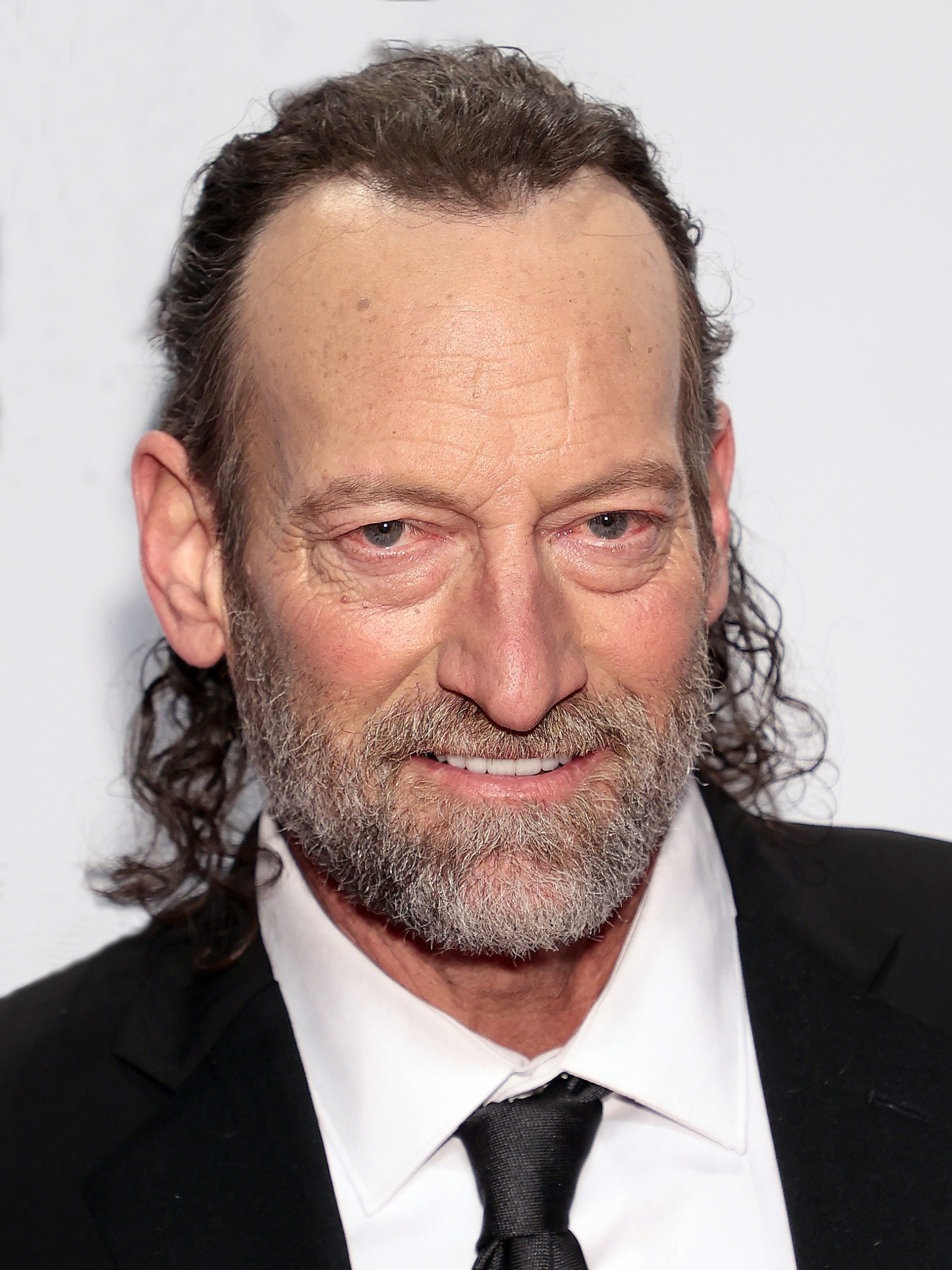
- Golden Globe Awards
Nominee Profile 2022: Troy Kotsur, “CODA”
Deaf since birth, Golden Globe nominee Troy Kotsur gives one of the breakthrough performances of the year in CODA.
Kotsur’s funny, irreverent father and fisherman, Frank Rossi, is often cited as one of the key reasons why audiences are embracing CODA since it premiered at the 2021 Sundance Film Festival, where it won four honors – including the Grand Jury Prize, Best Ensemble and the Audience Award.
In the drama directed by Sian Heder, Emilia Jones’ Ruby Rossi is a CODA or Child of Deaf Adults, played by Kotsur and Golden Globe winner Marlee Matlin.
In a family with a son who is also deaf (Daniel Durant), Ruby is relied on as their liaison to the hearing world. When the Rossis’ fishing livelihood is threatened, Ruby is torn between going to a music college or staying by her family in order to keep their connection to the outside world.
In an interview with NPR, the actor noted that a moving scene in CODA resonated with him. It’s when his character, Frank, is trying to understand why music is important to his daughter and asks her to croon in order to, somehow, touch and sense her vocal reverberations.
Always using sign language, he shared with NPR a similar experience with his daughter in real life: “A long time ago, when she was in kindergarten, she sang for a class performance. I asked, ‘Can I just kind of feel your neck?’ It was very cute.”
He added: “All those years later, the movie CODA was a real flashback where I did the same thing. Now my daughter is learning how to play guitar. So, sometimes, I’ll just touch her guitar so that I can feel her strumming.”
Kotsur’s performance earned him his first Golden Globe nomination: Best Performance by an Actor in a Supporting Role in any Motion Picture.
While growing up in Arizona he loved playing basketball but, after performing a pantomime in school, Kotsur fell in love with acting. The son of a police chief in Mesa, he went on to study theater, television, and film at Gallaudet University in Washington, D.C.
He headed west two years later and began his ascent in the theater. Joining the Deaf West Theatre in Los Angeles, the tall, charismatic actor soon landed lead roles in Cyrano, A Streetcar Named Desire, Of Mice and Men, and other productions. He nabbed a 2015 LA Drama Critics Circle nomination for his performance in Spring Awakening.
A Deaf West Theatre and Roundabout Theatre Company production of Big River: The Adventures of Huckleberry Finn took Kotsur to Broadway, where he and the cast, about half of them deaf or partially hearing impaired, earned praises while touring the play around the United States.
On television, Kotsur has guested on such shows as CSI: NY, Scrubs, Criminal Minds, and Sue Thomas: F.B.Eye, which starred his wife, Deanne Bray. For the big Star Wars fan, his most cherished TV appearance was, probably, on The Mandalorian.
This is what he stated to NPR: “What changed my life so much is when I saw Star Wars, the original one, when I was eight years old. I saw it 28 times. It was so visual, the costumes, it just blew me away. I watched it again and again. And it got me hoping that someday I could make a movie.”
Portraying a Tusken raider from a nomadic tribe in the Star Wars TV series, the actor created and adapted a sign language for the tribe. The stint made him the first deaf actor to appear in a Star Wars project.
Kotsur got to fulfill his childhood dream to direct a film. His No Ordinary Hero: The SuperDeafy Movie, is about a superhero-playing deaf actor who inspires a deaf boy. Kotsur’s 2013 feature directing debut starred Marlee Matlin, John Maucere, and James Leo Ryan.
On the big screen, Kotsur’s credits include Golden Globe winner Jim Carrey’s The Number 23, Universal Signs (about a deaf man who shuts himself off from the world), and Wild Prairie Rose.
His next projects include Flash Before the Bang, a crime drama where he co-stars with Deanne Bray. “I like to play villains, then have police officers chase after me, which I did in Criminal Minds. It’s nice to see the kind of range of the characters I portray and their diversity — romantic, mean, hero, you name it.”
CODA director, Sian Heder, expressed hope for actors like Kotsur: “There’s incredible talent out there, like Troy, that writers should be writing for. Showrunners should be pitching him as a character in their writer’s room. So often, whether filmmakers or producers or studios are intimidated by having a deaf cast or they don’t know how to make their sets accessible, they’re missing out on this brilliant performer.”